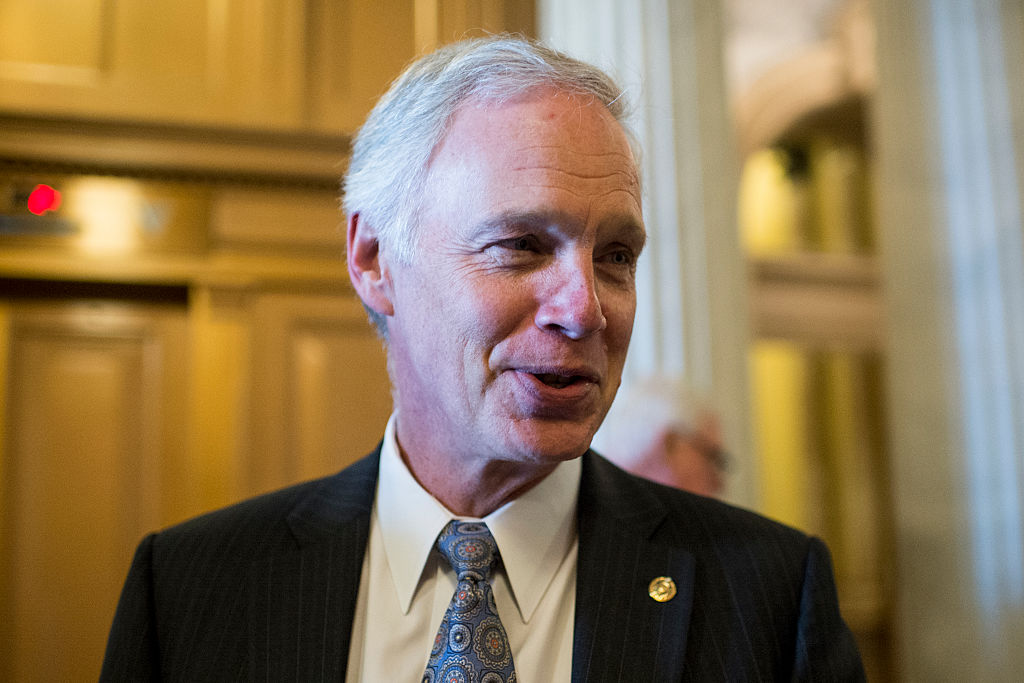Republican senators yesterday claimed that net neutrality rules are hurting broadband network investment and urged Federal Communications Commission Chairman Ajit Pai to overturn them.
“Chairman Pai, I would encourage you and the commission to revisit that order and to rescind it in its entirety,” Sen. Ted Cruz (R-Texas) said during an FCC oversight hearing held by the Senate Commerce Committee yesterday. “I believe you would have the support of a majority of this committee and substantial support in Congress.”
Sen. Ron Johnson (R-Wisc.) agreed that net neutrality rules harm ISP investment and offered a lengthy analogy to explain why.
Johnson said he wants to cut through the “rhetoric, slogans, and buzzwords,” before saying that enforcing net neutrality rules is like letting too many people use a bridge and ruin people’s lawns. Net neutrality rules, he said, also give pornography the same level of network access as remote medical services.
“I know net neutrality sounds great, and in trying to convey why that harms investment, innovation, I’ve come up with an analogy. I kind of want to run this by you to see if this is pretty accurate,” Johnson told Pai. He continued:
Let’s say a group of neighbors want to build a bridge over a creek so they can cross over and talk to each other a lot, so it’s really for a neighborhood, maybe a dozen people. But then they find out that the local government is going to require that that bridge is open to the entire community of a million people, no prioritization whatsoever. They don’t get to cross first to go see their neighbor. A million people can come onto their property, ruin their lawns, and walk over that bridge.
Isn’t that kind of a similar analogy, is that a pretty good analogy in terms of what net neutrality is all about, not allowing for example a company that is going to invest billions of dollars in the pipeline, not allow them to sell a prioritized lane, for, I don’t know, doctors who want to prioritize distant diagnostics? They’re going to have to share that same pipeline, no prioritization, with for example people streaming illegal content or pornography? Tell me where that analogy is maybe not accurate.
Pai responded, “Senator, I think you’ve put your finger on one of the core concerns.” Everyone favors “an open Internet where consumers can access lawful content of their choice,” he said. “We also want to incentivize the construction of these networks, which requires massive capital expenditures… how to balance those concerns is something people of good will can disagree on. But our goal, to use your analogy, is to make sure that those bridges continue to be built, that they continue to be maintained and upgraded, as traffic modernizes over time.”



 Loading comments...
Loading comments...
